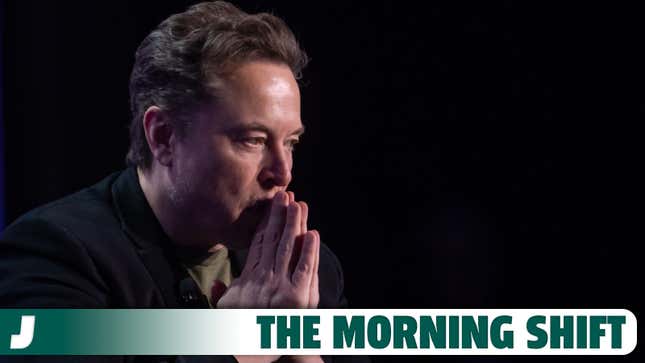
In This Story
After it transpired that Tesla was buying advertising to try and convince shareholders to back its massive new pay package for boss Elon Musk, investors are now being urged to vote down the $56 billion pay by an external advisory firm.
Last year, the Tesla board approved a pay package worth as much as $56 billion for Musk, however it was vetoed by Judge Kathaleen McCormick of Delaware’s Court of Chancery earlier this year. Now, the EV maker is putting the pay package to a vote among shareholders. Tesla is asking for approval for the pay and permission to move the company’s base out of Delaware and into Texas, where it will be free to pay Musk whatever he wants.
However, shareholders in the Cybertruck maker are being urged to vote against the $56 billion pay that Tesla has proposed for its boss over fears that Musk isn’t taking his role at the firm seriously and that the pay is simply too much for one person, according to Reuters. As the site reports:
Proxy advisory firm Glass Lewis said on Saturday it has urged Tesla (TSLA.O) shareholders to reject a $56 billion pay package for Chief Executive Officer Elon Musk, which if passed would be the largest pay package for a CEO in corporate America.
The report cited reasons like the “excessive size” of the pay deal, the dilutive effect upon exercise and the concentration of ownership. It also mentioned Musk’s “slate of extraordinarily time-consuming projects” which have expanded with his high-profile purchase of Twitter, now known as X.
The pay package was proposed by Tesla’s board of directors, which has repeatedly come under fire for its close ties with the billionaire. The package has no salary or cash bonus and sets rewards based on Tesla’s market value rising to as much as $650 billion over the 10 years from 2018. The company is currently valued at about $571.6 billion, according to LSEG data.
The advisory firm has also questioned Tesla’s decision to move its state of register out of Delaware and into Texas, a move that shareholders will also vote on. The company argued it brought “additional risks” to Tesla, which is currently struggling to cut costs and remain profitable as it cuts staff across the board and witnesses slowing sales for its models.
A version of this article originally appeared on Jalopnik’s The Morning Shift.